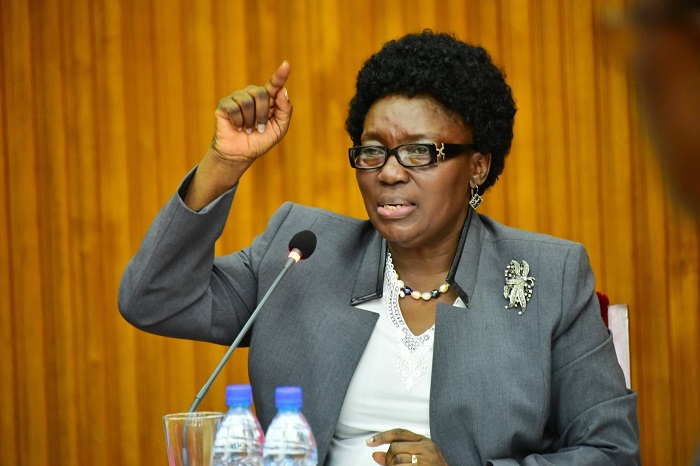Uganda’s land tenure system is a complex web of policies, practices, and cultural traditions that govern the ownership, access, and use of land in the country. Understanding this system is vital for any individual. Especially those seeking a deeper insight into the dynamics and challenges surrounding land rights.
In Uganda, land is a critical resource that holds immense value, not just economically but also culturally and socially. The land tenure system in the country can be broadly categorized into three main categories; Customary, Mailo, and freehold tenure.
Customary tenure:
This one is deeply rooted in traditional practices, is the most widely prevalent form of land ownership in Uganda. Governed by customary laws and practices, land under this tenure is often held communally. Rights, obligations, and responsibilities are shared within the community. However, it is also susceptible to conflicts, as the lack of formal documentation and limited recognition by the state can lead to disputes over land boundaries and inheritance.
The mailo tenure:
This particular system emerged during colonial rule when the British introduced a land registration system to facilitate land ownership by individuals. Under this system, land was divided into two categories; Mailo land, owned by individuals or estates. This was granted by the colonial government, and public land.
With the introduction of the 1995 Constitution, Mailo land was recognized as a distinct form of land tenure in Uganda, and landowners were granted statutory rights and protections. However, conflicts over Mailo land, particularly regarding compensation and land use, have continued to be a source of tension.
Freehold tenure:
This one on the other hand, provides the strongest form of land ownership rights. In this, individuals hold absolute rights to land and can sell, lease, or dispose of it as they see fit. Commonly associated with urban areas and large-scale agriculture, freehold tenure grants individuals greater security and control over their land. However, it is limited in its availability and accessibility to most Ugandans.
While these three tenures dominate the landscape, there are also variations and overlaps. This results in a complex mosaic of land ownership and use.
The government has made efforts to address some of the challenges and conflicts associated with the land tenure system. This is mostly through reforms and policies.
The Land Act of 1998, for example, aimed to streamline land administration and management. The other is to establish land rights, and provide a legal framework for resolving land disputes. However, some implementation challenges and gaps persist.
To navigate through this intricate web of land tenure, it is essential to engage in community dialogues. then there is also consulting with legal and land experts, and familiarizing oneself with relevant laws and policies.
Empowering citizens with knowledge and understanding of their land rights is key. This is to ensure equitable and sustainable land management and minimize conflicts.
Uganda’s land tenure system is a multifaceted framework that influences land ownership, access, and use in the country.
Understanding this system requires a comprehensive exploration of customary, Mailo, and freehold tenures. This also involves the changes and reforms that have shaped them. This is especially because by promoting dialogue, raising awareness, and ensuring effective implementation of land laws, the government and stakeholders can work towards a more inclusive and transparent land tenure system that respects the rights of all Ugandans.
Check also;
- Former Minister Nantaba In Land Disputes With Neighbors
- Access To Customary Land Ownership Still A Challenge To Women
Please use the button below to contribute to Newslex Point, Inc. using a credit card or via PayPal.

 Newslex Point News in Uganda, Uganda news
Newslex Point News in Uganda, Uganda news












